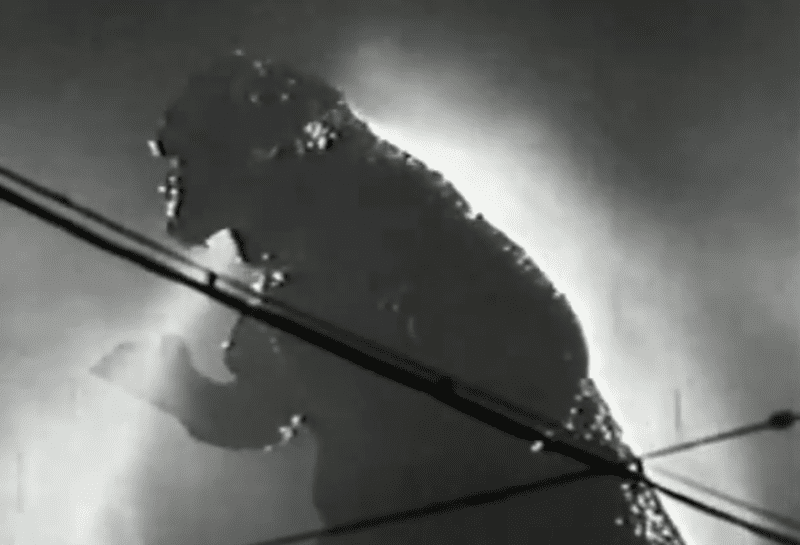
You may be aware of the recent minor flap over a garbled quotation from a review (“Should We Apologize for Apologetics?”) recently published by Steve Densley in Interpreter: A Journal of Mormon Scripture. I’ve posted about it — in chronological order — here, here, and here. (I understand that I’ve made it a huge issue and I’m informed that I’m very, very upset about it. You’ll probably be able to detect that from the hysterical and enraged tenor of my blog posts.)
Brian Whitney, a blogger and an employee of Greg Kofford Books, has offered several calm, balanced, and charitable online comments about the matter, and I hope it won’t bother him if I use one of those comments as a launchpad for a few things that I would like to say. Here is what he said:
I see myself as someone who believes apologetics play an important role in Mormon scholarship, but feel it has no place in secular academics. Furthermore, I appreciated Daniel Peterson’s categorization of “positive” and “negative” apologetics, and tend to prefer the “positive” approach. Given my somewhat complicated view, I would likely be someone who [Steve] Densley considers as “anti-apologetics,” which is not at all how I view myself. It seems that many of the authors who contributed to the book feel similarly.
1.
I don’t believe that religious apologetics belongs in secular academics, either. I don’t believe that religious advocacy of any kind belongs in the secular academy. That’s what makes it secular. And avoiding religious — and political — sectarianism is one of the ways we maintain civil and mutually respectful discourse in mainstream academia.
2.
That said, I think that apologetics, as such, is inevitable. Stripped of specifically religious elements, it’s merely the defense of a position. Scholars defend positions all the time, as they should.
3.
I want to be very clear about my distinction between “positive apologetics” and “negative apologetics.”
By “negative apologetics,” I don’t mean attacking other positions, let alone other people — to say nothing of nastiness and mean-spiritedness. I realize that my image, in certain quarters, is that I’m a vicious, hardhearted, conscienceless, polemical hack. But even if that characterization were accurate — which it isn’t — it would have nothing at all to do with what I’m saying here.
What I mean by “negative apologetics” is defending a position — religious or not — against attack. It is comparable to playing defense in football. I judge it to be essential, and I regard it as just as justifiable, both morally and intellectually, as what I’ve called “positive apologetics.”
What is “positive apologetics”? What I mean by the term is the provision of affirmative reasons for accepting a proposition or adopting a belief. One might compare it to a football offense.
I see absolutely no reason to regard one as legitimate and the other as illegitimate.
Suppose that Scientist X argues that nature is more important than nurture in the formation of human personality. He cites evidence and reasons to support his claim. In that case, he is doing something essentially like positive apologetics.
But Scientist Y disagrees, and publishes an article disputing Scientist X’s evidence and reasons.
It would be rather odd if Scientist X, while still holding his view, were to chastely decline to defend his position, declaring such defense morally illegitimate. But if he were to respond by attempting to rebut Scientist Y’s objections, he would, in that case, simply be doing a form of negative apologetics.
It is entirely legitimate to argue that the Three Witnesses to the Book of Mormon are credible. Such an argument would be positive apologetics. It is every bit as legitimate to seek to rebut claims that Oliver Cowdery denied his testimony, that Martin Harris was an unstable loon, or that David Whitmer isn’t credible. Such an argument would be negative apologetics.
And that is what I mean by the terms.
Both positive and negative apologetics are, in my judgment, entirely legitimate — just as offense and defense are entirely legitimate in football and just as both batting and fielding are entirely legitimate in baseball.
4.
From what I can tell of Brian Whitney’s position, I doubt that I would call him “anti-apologetics.” But further conversation on the topic might be in order.
He could set forth his reasons, I would set forth mine, and, if we disagreed, we could then try to point out errors in the other’s position. That would be a good case of positive and negative apologetics.
They’re exceedingly difficult to avoid, and there’s absolutely no reason to try to avoid them.










